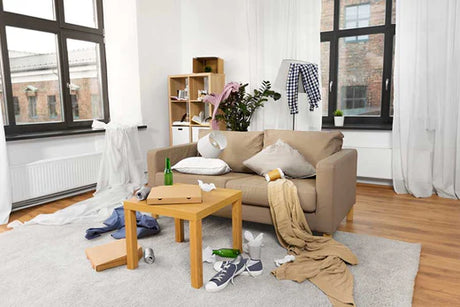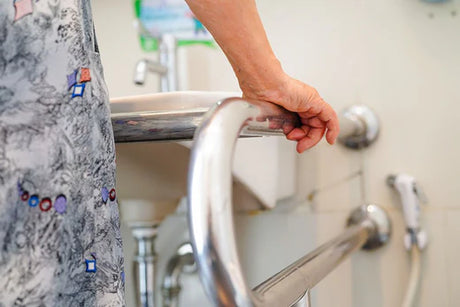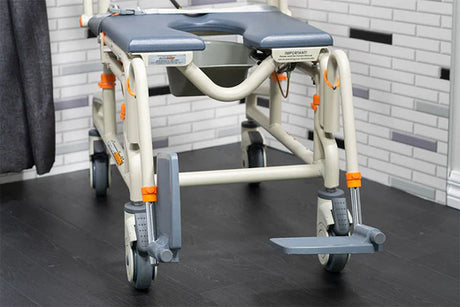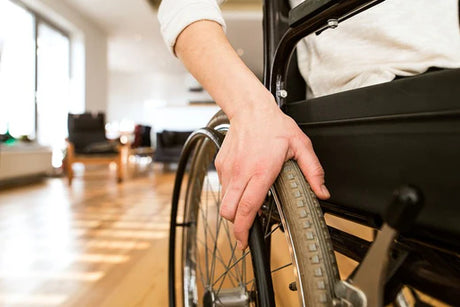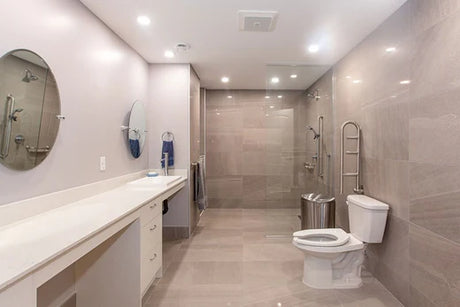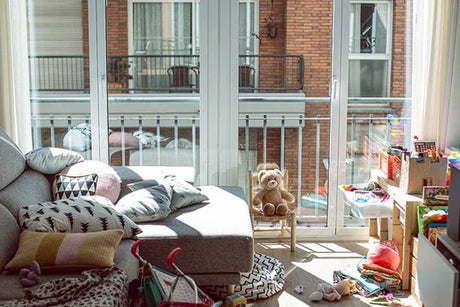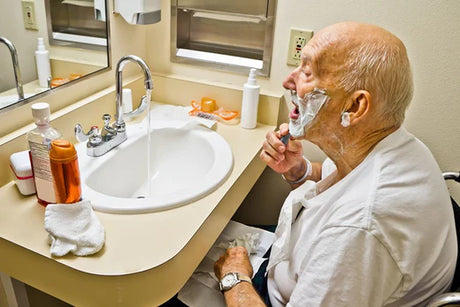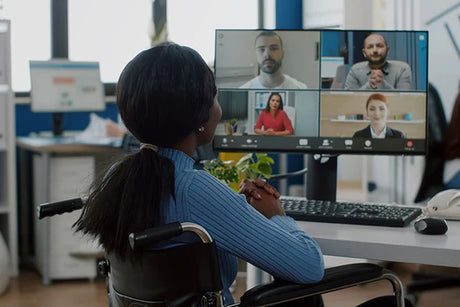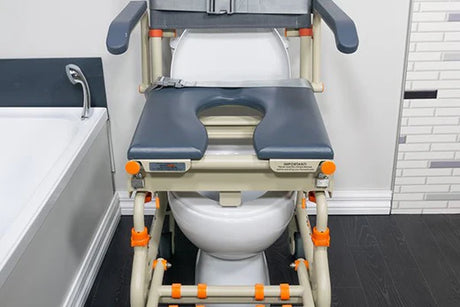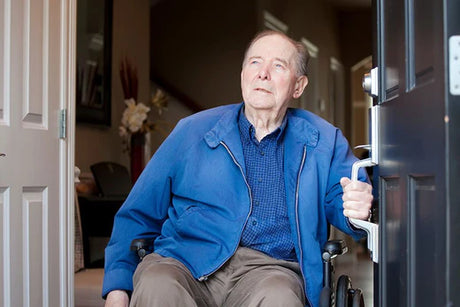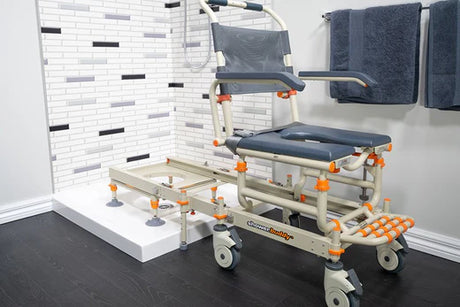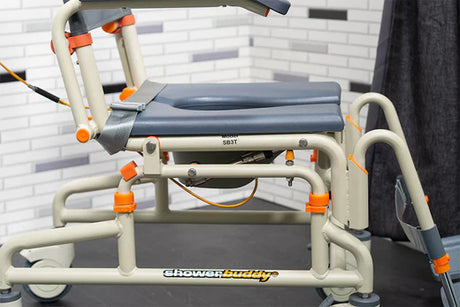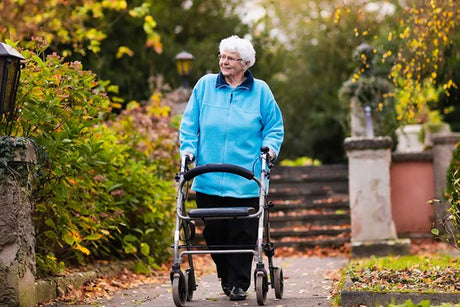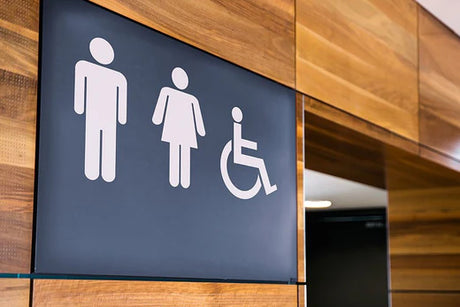No matter who you are, it’s commonplace to go through challenging periods mentally. Remember – if you are suffering from depression or low mood as a mobility impaired person, you are not alone. In fact, the CDC shared that ‘Adults with disabilities report experiencing frequent mental distress almost 5 times as often as adults without disabilities’.
In this article we’ll talk about some common factors of physical impairment that can have an adverse impact on our mental wellbeing. For anyone reading that has a loved one going through such challenges, we’d suggest reaching out to support and health professionals as quickly as possible.
Adjusting to a new normal
When a physical impairment such as paraplegia is developed through a condition or experienced with a traumatic injury, the process of coming to terms with this is especially hard. You may have a recent memory of life prior to the impairment existing. Without open communication like talking with family or talk therapy, this ‘adjustment’ period can prove highly distressing.
The important thing to remember here is that you don’t feel any pressure to feel alright. In what is a serious event in your life, there’s no benefit to loved ones urging you to move past this faster than you need. Rather, adjusting life around a disability needs to happen gradually, with the support of professional help while encouraging as much maintenance of your independence as possible.
Socialising and hobbies
While many social events are perfectly accessible for those with physical disability to attend, there can be more than just building accessibility that prevents one feeling comfortable to maintain a busy lifestyle. For any individual who experiences significant fatigue as part of their mobility impairment, this can dictate plans around going out late, or attending certain events in the worry that extra support would be needed.
The reality is that in 2021 there is a growing number of resources, support and equipment to help individuals continue to do things that make them happy. Everything from modified bicycles to assistive technologies to transport services can help you go to more places, be around more people and do what makes you happy.
As friends and family, it’s our job to make sure we support our loved one to access their social life and hobbies as easily as possible
Daily tasks
The number of everyday tasks we do and take for granted is in the hundreds; from taking a shower to making lunch. With a physical disability these all become more challenging, which can lead to feelings of reliance on others, lack of independence and frustration. When our daily tasks become a huge chore repeatedly, our emotional wellbeing can suffer greatly.
Daily routines are core to an enjoyable life as they don’t change over the long term. It’s why occupational therapists (OTs) are a critical part of your support network. They’ll assess and plan how to best navigate daily life in a way that puts as much control in the hands of the individual as possible. If you are struggling with depression related to your daily routine, it’s essential that you work with your OT and entire support system to find new ways of conducting these activities.
Navigating work life
Many of us are driven to get up each day by the jobs we do. It’s how many of us ‘contribute’ to the world, pay our bills and interact with others. When going through a loss of mobility, work life may change too – especially if the role has a physical demand aspect.

If your physical impairment is significant to the degree you’re unable to do your previous role, it’s important to lean on support people and allow yourself time and space to gain clarity on where your journey should go next.
Opening up to friends
It’s not uncommon to feel nervous about speaking to friends about the struggles you’re facing as a result of the physical disability. This might create periods where you feel a desire to simply isolate yourself from good friends.
Opening up will be a matter of working out which friends are best equipped to provide you the support needed on working through your journey – some won’t know quite how to approach it. However, friends can rapidly become invaluable to mental wellbeing as they learn more about the disability and listen to you about its effects.

Sometimes all a good friend needs to do is treat you as they always have; being there for you when you need, and maintaining all the parts of the friendship that existed before the disability.
Using the bathroom
In what’s arguably the most private of moments in a daily routine, using the toilet and bathing can present obstacles for someone new to their disability. This may create anxiety and feelings of dread when having to use the bathroom. It’s this part of your OT plan that requires plenty of thought and planning – how you enter the bathroom, transfer between toilet, shower and wash up need to be thought through. It’s totally normal to feel overwhelmed by the loss of complete independence with this daily task, and we’d not suggest that adjusting to this will be quick or easy.
However, it’s important to know that a good support plan with the right equipment can make this process more dignified. When we design our bathroom mobility products, we’re thinking of the freedom and independence of our users first – that means reducing time and effort required to get into the bathroom, complete the tasks and leave.
Learn more about Showerbuddy
We specialise in creating bathroom mobility solutions from our transfer range for showers with an edge to our roll-in range offering high quality solutions for wet floor bathrooms. If you or a loved one is looking for a better way to conduct their daily bathroom tasks with more freedom and independence, learn more about Showerbuddy or, get in touch with our team.
Further Reading
We’d strongly encourage you to continue researching the topic of mental health and disability from online authorities in this space. Here are just some useful resources you may like to read.
- Coping With Depression and Disability – Very Well Health
- How Does Acquiring a New Disability Affect Mental Health? – TalkSpace
- Common Barriers to Participation Experienced by People with Disabilities – cdc.gov
- The Mental Health of People with Disabilities – cdc.gov











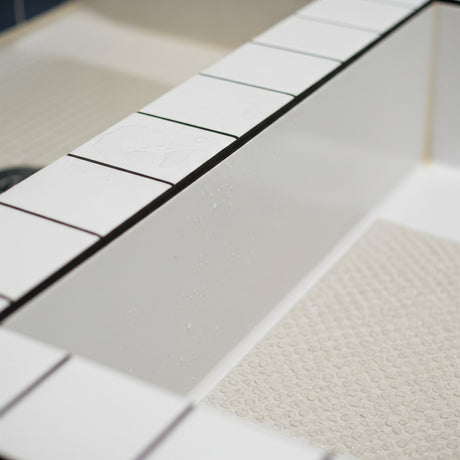

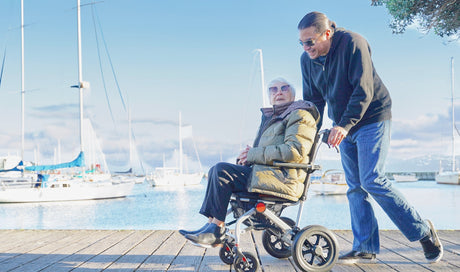
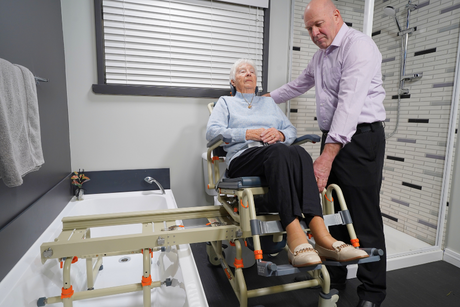
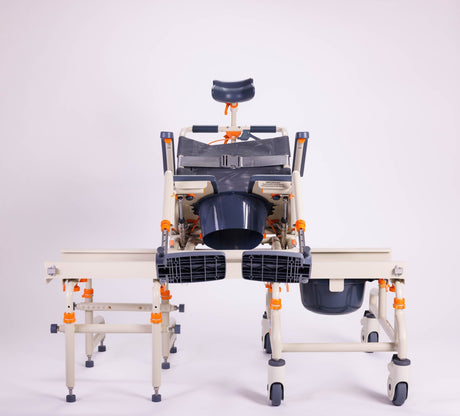
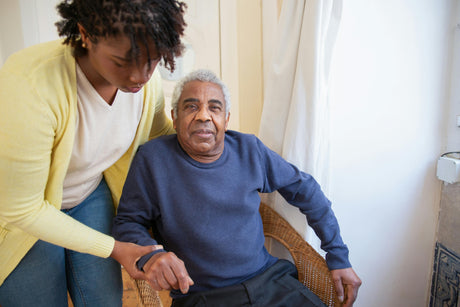
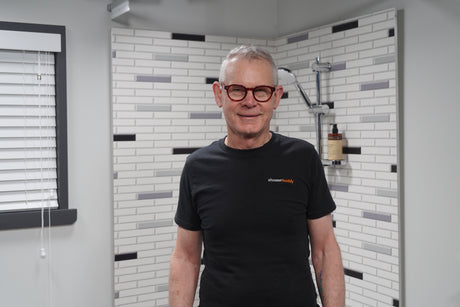
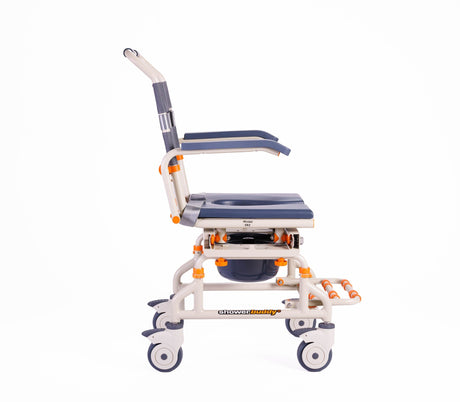
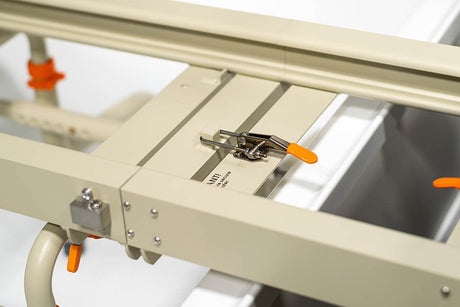
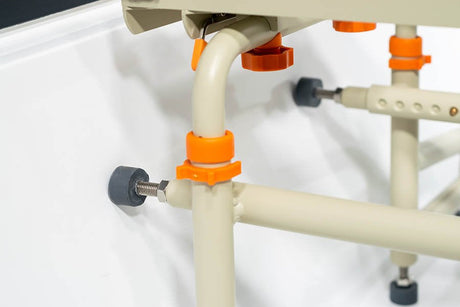
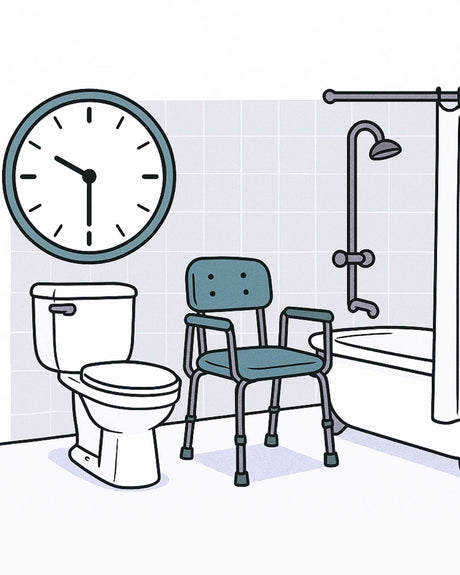
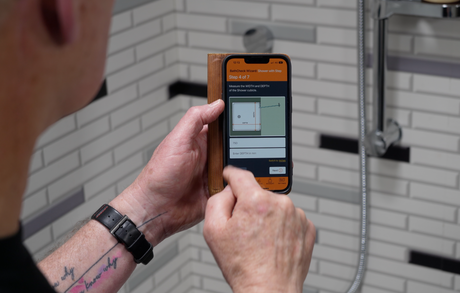
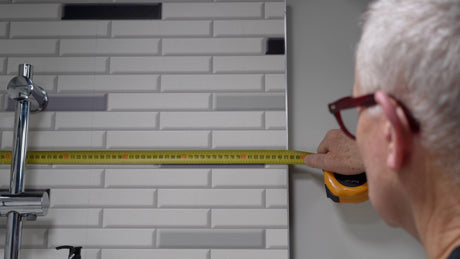

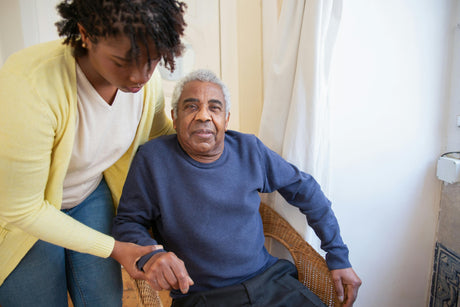

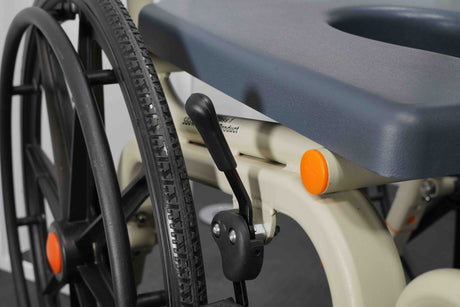

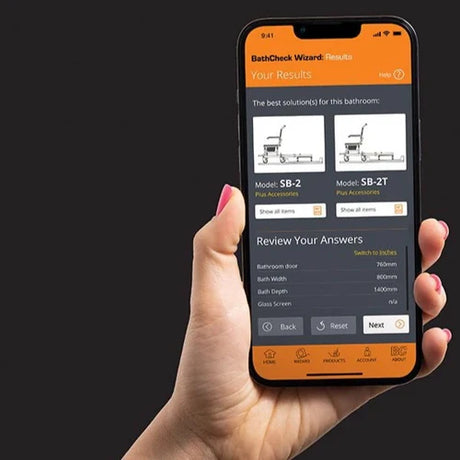
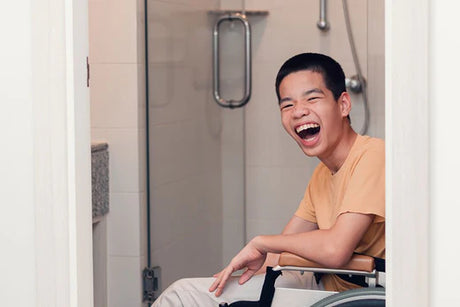
![Toilet Training A Young Child With Mobility Challenges [And How A Shower Chair Can Help]](http://shower-buddy.com/cdn/shop/articles/toilet-training-disabled-child_520x500_a90e5234-d372-435d-aa56-8da15dd3836c.webp?v=1722557239&width=460)


